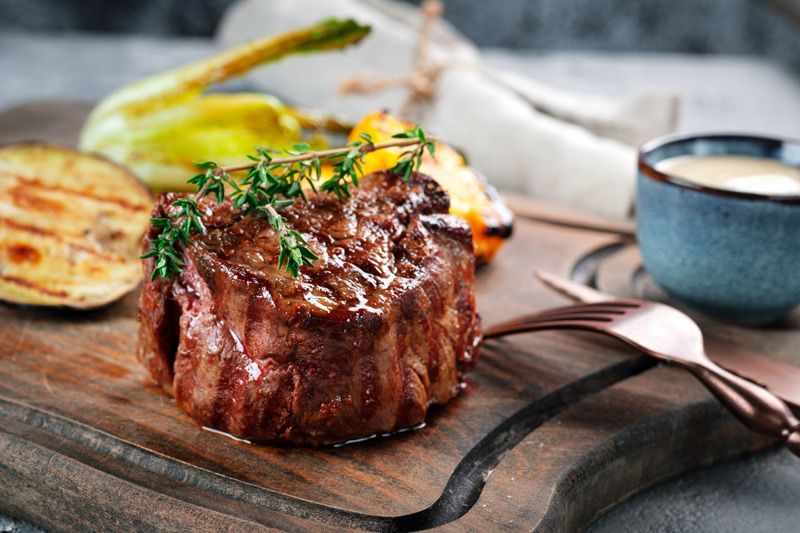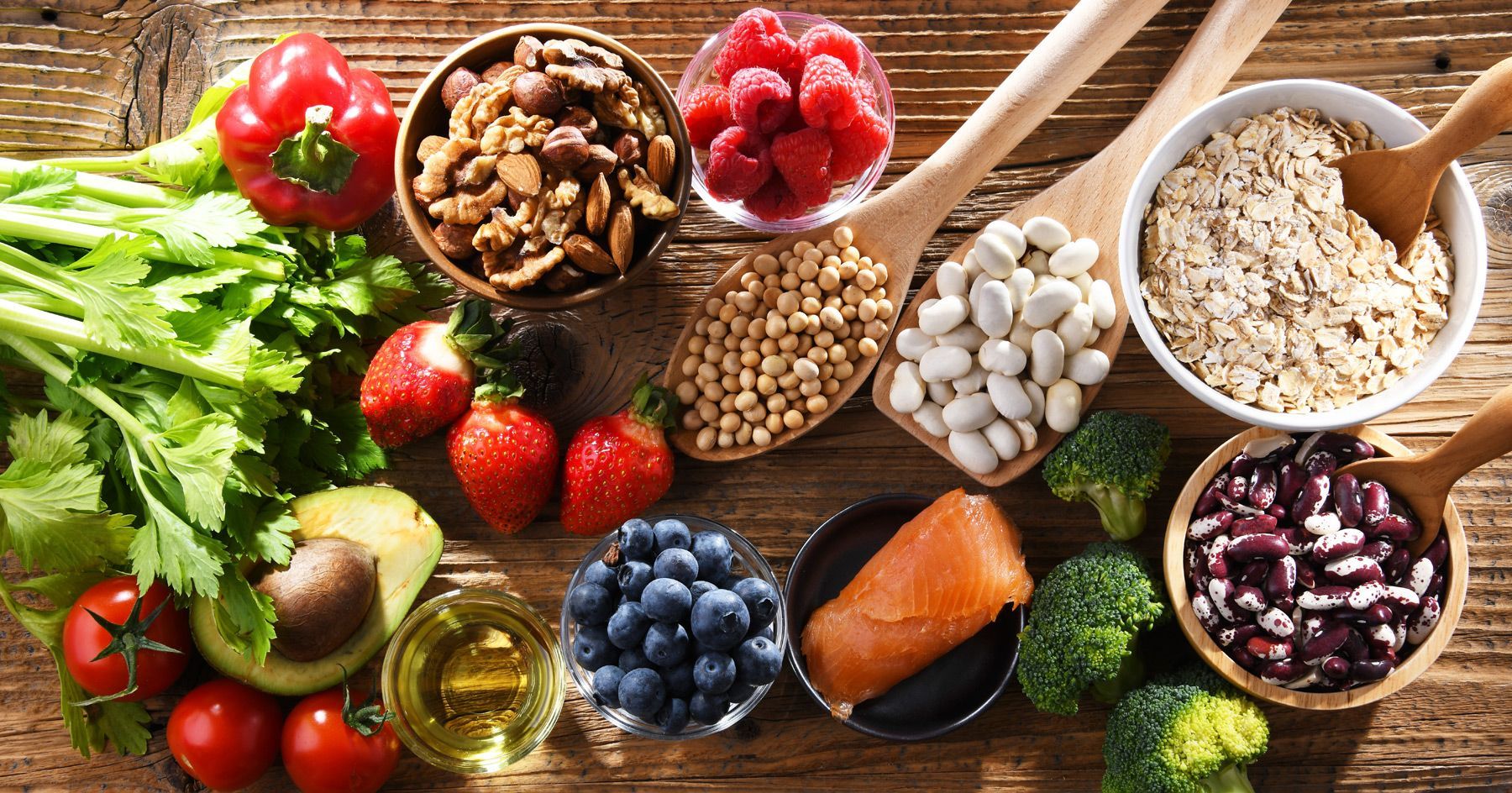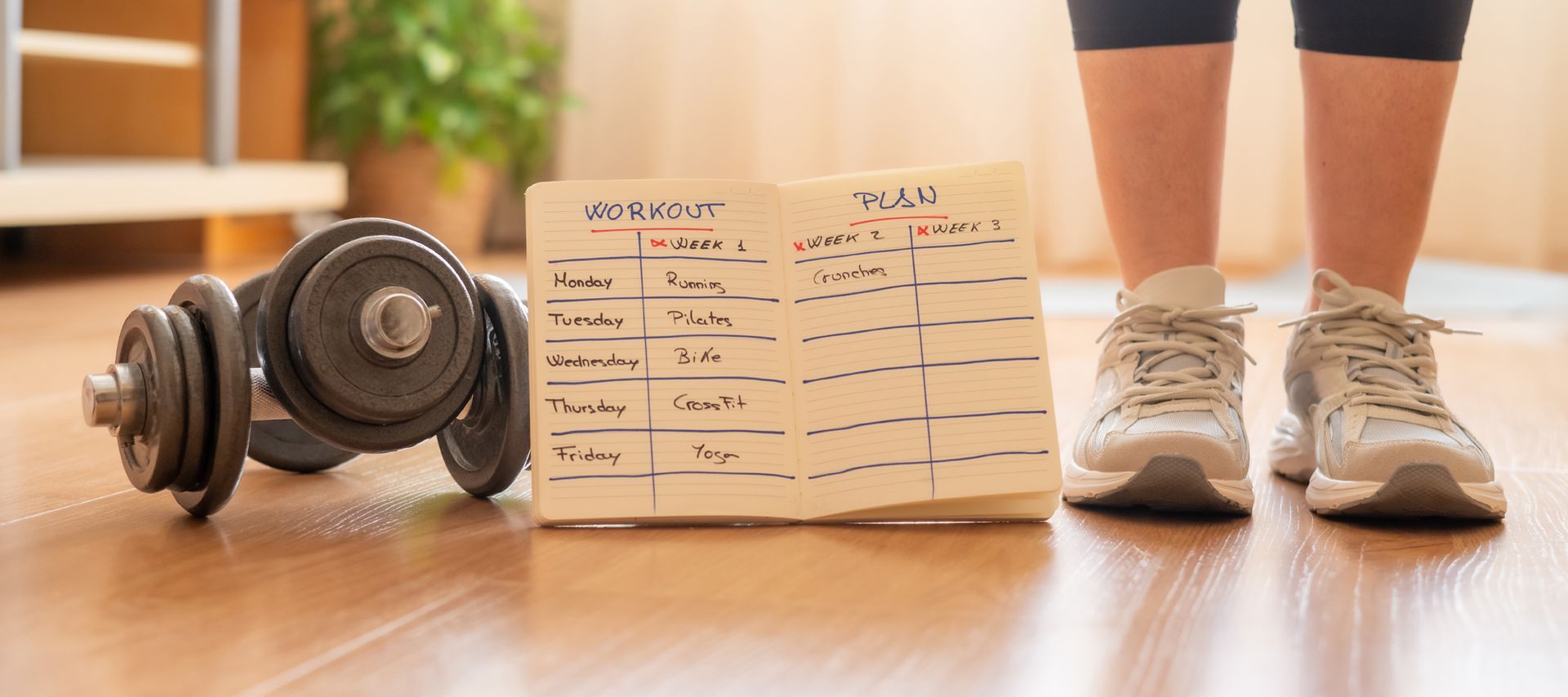Fitness Tips for Dads of Every Age Group
Maintaining health and longevity requires awareness and adaptation of one's fitness routines, dietary habits, and overall lifestyle practices as one progresses through different decades of life. Each age group carries unique challenges and needs, necessitating tailored strategies to optimize well-being and promote a long, healthy life.
Dads in their 20s
For men in their 20s, it is essential to establish a strong health foundation. Engaging in regular aerobic exercise, such as running, cycling, or swimming, can enhance cardiovascular fitness, while strength training helps develop muscle mass and bone density crucial for later years. Incorporating flexibility exercises, such as yoga or dynamic stretching, can prevent injuries and improve range of motion. A well-balanced diet that includes lean proteins, whole grains, a variety of fruits and vegetables, and healthy fats supports overall growth and active lifestyles. Equally important is adopting healthy lifestyle habits, such as getting adequate sleep, managing stress, avoiding smoking, and moderating alcohol intake, creating a solid groundwork for future decades.
Dads in their 30s
As men transition into their 30s, the focus shifts toward preserving muscle mass and maintaining a high metabolic rate. Continuation of regular aerobic and resistance exercises is vital, supplemented by activities that promote flexibility and balance. Nutritional needs involve sufficient protein intake for muscle repair, healthy fats from sources like avocados and nuts, and complex carbohydrates for sustained energy. Lifestyle practices should emphasize stress management techniques, such as mindfulness or hobbies, adequate sleep of seven to nine hours per night, and regular health check-ups to catch potential issues early.
Dads in their 40s
In their 40s, men face a natural decline in muscle mass and slower metabolic rates. To counter these effects, maintaining a consistent routine of aerobic exercise, strength training, and flexibility exercises like yoga or Pilates is essential. Diet should be heart-conscious, prioritizing fiber-rich foods, lean proteins, and reducing intake of saturated fats and sugars. Healthy habits such as regular medical screenings for cholesterol, blood pressure, and glucose levels become crucial. Adequate hydration, mindful eating practices, and ongoing stress management are key to preventing chronic diseases and fostering long-term health.
Dads in their 50s
Men in their 50s should focus on preventing chronic conditions that become more prevalent with age. Regular physical activity that includes aerobic exercises, strength training, and flexibility work helps maintain muscle mass, joint health, and overall mobility. Nutrient-dense foods that support cardiovascular health, such as plenty of fruits and vegetables, whole grains, and healthy fats, should be emphasized. Maintaining a healthy weight through mindful eating, sufficient hydration, and continuing healthy lifestyle habits such as not smoking and moderating alcohol consumption. Men in their 50s should focus on preventing chronic conditions that become more prevalent with age. Regular physical activity that includes aerobic exercises, strength training, and flexibility work helps maintain muscle mass, joint health, and overall mobility. Nutrient-dense foods that support cardiovascular health, such as plenty of fruits and vegetables, whole grains, and healthy fats, should be emphasized. Maintaining a healthy weight through mindful eating, sufficient hydration, and continuing healthy lifestyle habits such as not smoking and moderating alcohol consumption are critical. Regular health screenings and preventive care check-ups can detect early signs of potential health issues, allowing for timely intervention and management.
Dads in their 60s
In their 60s, men should continue to prioritize mobility, strength, and balance to ensure independence and reduce fall risk. Gentle aerobic activities like walking or swimming, coupled with light resistance training and flexibility exercises, are beneficial. Protein remains essential for muscle maintenance, and a diet rich in vitamins and minerals supports bone health and overall vitality. Lifestyle habits such as regular social engagement, which can combat loneliness and cognitive activities like reading or puzzles to maintain mental sharpness should be incorporated. Staying hydrated and practicing mindful eating to avoid overeating or poor nutrition is also important.
Dads in their 20s and Beyond
For men in their 70s and beyond, the approach to fitness, diet, and lifestyle focuses on maintaining quality of life. Regular participation in low-impact aerobic exercises like walking and incorporating balance and flexibility exercises such as tai chi are crucial for cardiovascular health and stability. Maintaining strength with light resistance exercises can help preserve muscle mass. Dietary needs should emphasize nutrient-dense, easily digestible foods, ensuring adequate protein intake and focusing on heart-healthy fats while minimizing unhealthy fats and sugars. Being well-hydrated, paying attention to portion sizes, and continuing regular health check-ups are important. Social connections and mental health activities are essential to combat isolation and cognitive decline.
In summary, a proactive and adaptive approach to fitness, diet, and healthy lifestyles tailored to each decade of life can significantly enhance health and longevity. From establishing strong habits in the 20s to preserving mobility and mental acuity in the 70s and beyond, these practices form a comprehensive strategy that promotes not only a longer life but a higher quality of life throughout the years.
This Month's Healthy Recipe - Grilled Herb-Marinated Steak

Ingredients
- 2 lean steaks (such as sirloin or filet mignon, about 6 ounces each)
- 2 tablespoons olive oil
- 2 cloves garlic, minced
- 1 tablespoon fresh rosemary, chopped (or 1 teaspoon dried rosemary)
- 1 tablespoon fresh thyme, chopped (or 1 teaspoon dried thyme)
- 1 tablespoon balsamic vinegar
- 1 teaspoon Dijon mustard
- Salt and pepper to taste
Instructions
Prepare the Marinade
Combine the olive oil, minced garlic, chopped rosemary, chopped thyme, balsamic vinegar, and Dijon mustard in a small bowl. Mix well to create the marinade.
Marinate the Steaks
Place the steaks in a shallow dish or a resealable plastic bag.
Pour the marinade over the steaks, making sure they are well-coated.
Cover the dish or seal the bag and let the steaks marinate in the refrigerator for at least 1 hour or up to 8 hours for more flavor.
Preheat the Grill
Preheat your grill to medium-high heat (about 400°F/200°C).
Grill the Steaks
Remove the steaks from the marinade and let any excess drip off.
Season the steaks with salt and pepper on both sides.
Place the steaks on the grill and cook for about 4-5 minutes per side for medium-rare or until desired doneness. Cooking times may vary based on the thickness of the steaks and your grill.
Rest the Steaks
Once cooked, remove the steaks from the grill and let them rest on a cutting board for about 5 minutes. This allows the juices to redistribute throughout the meat.
Serve
Slice the steak against the grain for tenderness, and serve with your favorite healthy sides, such as a mixed green salad, roasted vegetables, or quinoa salad.
Enjoy your delicious and healthy grilled herb-marinated steak!

















